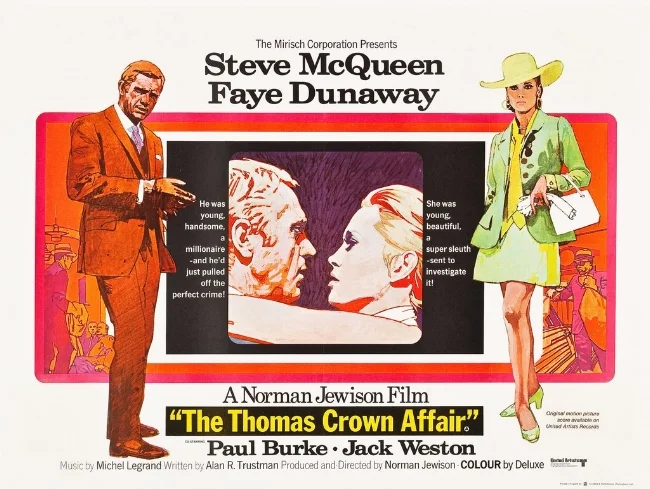The Naked Jungle (1954)
Set in Brazil in 1901, plantation owner Christopher Leiningen (Charlton Heston) makes arrangements to get married. He has spent his entire life building his estate and reclaiming land from the jungle. He is fiercely independent but he is also alone and isolated. Joanna Selby (Eleanor Parker) from New Orleans agrees to marry him but their first meeting does not go well. Leiningen is unhappy to discover that Joanna is a widow and hence has a past, so he tells her to return to America on the next available boat. However, local commissioner (William Conrad) informs Leiningen that swarming soldier ants, or Marabunta, are moving towards his plantation destroying everything in their path. Leiningen refuses to abandon his life’s work and is surprised when Joanna decides to stay with him. Can they convince their native workers to stay too and can they defend the estate from the Marabunta, described as “forty square miles of agonising death”.
The Naked Jungle is essentially a romantic drama with some action scenes added to the final act. If it were made today it would more than likely be an action movie with a romantic subplot added as an afterthought. However, this was the fifties and “romance” sold and by “romance” I of course mean sex. Obviously such a subject couldn’t be addressed directly, due to the prevailing social attitudes and film making codes of the time. So the screenplay by Ranald MacDougall, Ben Maddow and Philip Yordan, dances around the issue dropping numerous unsubtle hints. Christopher Leiningen is a clean cut, no nonsense hero and man’s man. He is the master of all he surveys and has built his own world by the strength of his own will. But he balks of the idea of marrying a widow; a women who is more sexually experienced than him. Especially as it is more than likely he is a virgin himself. The sexual politics of this film are quite advanced for the times.
The first hour of the The Naked Jungle is a fraught love story, filled with sexual tension. Contemporary viewers who lack the ability to detach themselves from the outdated imperialist themes, dubious depiction of the Brazilian natives and other obsolete elements of the story may find The Naked Jungle hard to watch. Those who can contextualise the narrative will be rewarded with strong performances from both Heston and Parker. The latter has some very good lines. When rebuffed for being a widow and hence not being a virgin she calmly states that a piano plays better if it has already been played. The production values are also sound with Florida standing in for tropical Brazil. The studio scenes and interior sets are sumptuous and reflect the grandiose style of big studios of the time.
The last thirty minutes of The Naked Jungle feature the arrival of the Marabunta and the nature and habits of soldier ants are grossly misrepresented. But why let natural history stand in the way of good action scenes. Hence we get a lot of matte painting showing jungle stripped of foliage and composite shots of ants swarming around the cast. There’s also some good miniature work at the film’s climax. A few cast members are eaten by the marauding Marabunta but it’s all rather tame. A corpse that has been eaten to the bone is briefly shown and one actor briefly staggers around with ants covering his hands and face but it’s hardly terrifying. Overall, The Naked Jungle is an entertaining example of the sort of romantic drama with a soupçon of action which were a cinematic mainstay of the times. It reflects the tastes, politics and popular culture of the fifties and should be judged within such a context.









